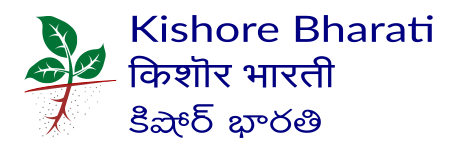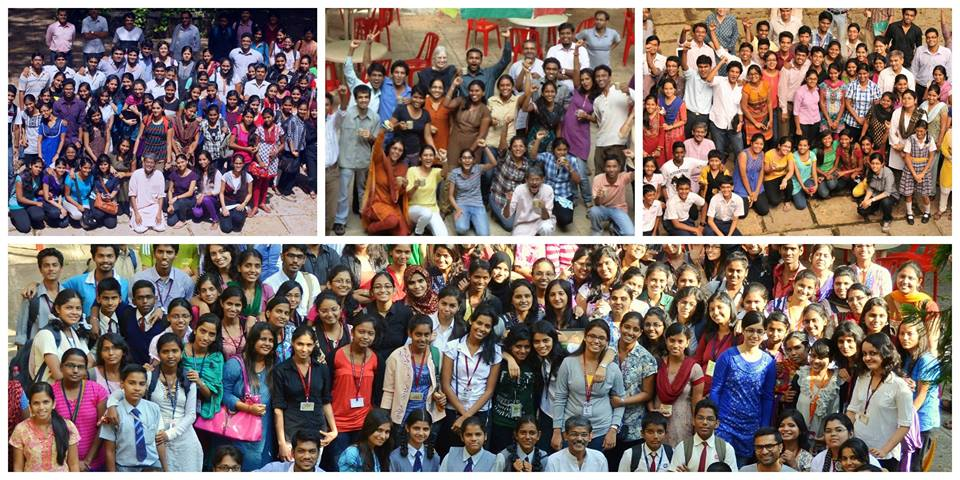
Collaboratively Understanding Biology Education (CUBE) program is an alternative paradigm to integrate learning by doing and research into school and college education system. It aims to trigger and nurture innovative, creative, investigative, research based and collaborative learning into education which can develop scientific thinking and scientific curiosity among students. CUBE program envisions to change biology teaching, in a way that biology which is taught should automatically reflect biology we do, engaging in an endeavour where students learn by being practically involved into it not only improves their ability to understand how biologists conduct research but it also prepare them to evaluate scientific claims in their day-to day lives. This rightly falls under the mandate of “The Vision and Change: Call for Action” report, which inspires CUBE. Further 21st-century science students need to engage in authenticate discovery based exercises and integrate the research experiences and skills acquired into understanding, solving and making informed decisions on complex problems related to science and those encountered in their daily lives. To develop these aspects and innovative changes CUBE program was started in summer of 2012, at the Homi Bhabha Center for Science Education (HBCSE), Tata Institute of Fundamental Research (TIFR) with 18 students (from 4 colleges) in Mumbai most of them 1st and 2nd year undergraduates, since 2015 CUBE works in collaboration between Kishore Bharti organization and HBCSE, TIFR, today the program has reached to about 2000 students, involving more than 50 colleges and several schools, and has developed CUBE Hubs at more than 100 locations across India, some of the colleges which are part of CUBE Program are Sree Narayan College, Natika, Elphinstone College, Mumbai, RJ College, Mumbai, ANDC College, Delhi, Dr.Shyama Prasad Mukheerjee University, Ranchi, Somaiya College, Mumbai, M-Ward Govandi, TISS, Mumbai etc. CUBE Kishore Bharti program has also collaborated with Breakthrough Science Society, West Bengal and has been part of popularizing science across country.



CUBE labs are very simple looking but discovery approach which is involved in each project and research questions build a scope for developing sophisticated ideas and even laying scope for developing frontiers questions which scientists engage in. Therefore CUBE follows, a quote as said by great Indian scientist Obaid Siddiqi that,“Sophistication is required in Mind not in Lab”
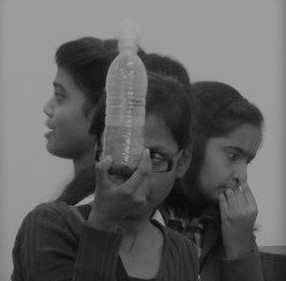
CUBE program is distinct in the ways that it vertically integrates schools and college students, teachers and researchers together in a learning environment where school students learn along with college students, and vice versa, and through peer to peer collaborative learning by involving into hands-on activities, and research projects. Bringing research institutes together has helped not only to merge science institutes which are generally isolated with students but it also has enriched the relevance of how work which students do with frontier research. CUBE has been found that school students’ curiosity has brought various new dimensions of thinking about various topics including opening up new research areas. CUBE projects revolve around simple model systems which can be easily found anywhere and they are basic entry points to involve and engage students into interesting scientific endeavors and make their thoughts filled with curiosity. CUBE believes in collaboration as a means of advancing knowledge and research culture, for which it invites people from all sections of society including citizens to join and engage into science and citizen science projects, for which CUBE has a slogan, “All Week, Meek and Geek are Welcome”
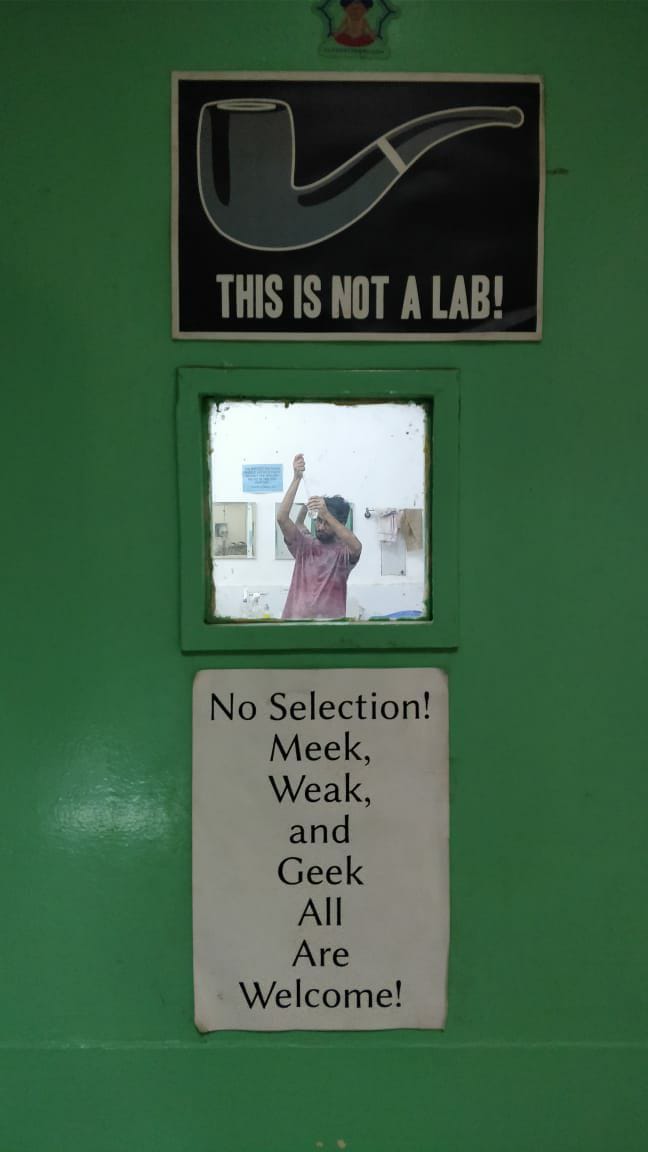
CUBE through its experience has found that students not only develop scientific, discovery based thinking and research attitude but also the topics discussed in CUBE help them to understand their school and college syllabus in a more better
ways. CUBE also performs activity to develop Concept maps with projects which students do, which is called Context to Curriculum which shows how CUBE builds bridge with curriculum.


Through years of experience of CUBE program it has been found that CUBE pedagogy is efficient in its ways in not only involving students into research culture and getting them exposure to frontier research, but at the same time bringing their curriculum into relevance and advancing their concepts to higher levels. Analyzing CUBE pedagogy, methods and cognitive and conceptual changes in students learning and doing research are part of research work on science education are integral to CUBE program. CUBE program currently is also working with home labs, which are research activities students have started to perform at home by using simple model systems. CUBE program follows daily causerie or informal discussion, which currently takes place through online medium called CUBE Chatshaala where students daily share and discuss their work and several of scientific concepts through online means from across country which has broken all barriers of knowledge sharing and has advanced their ideas on science that science can be done even at home.
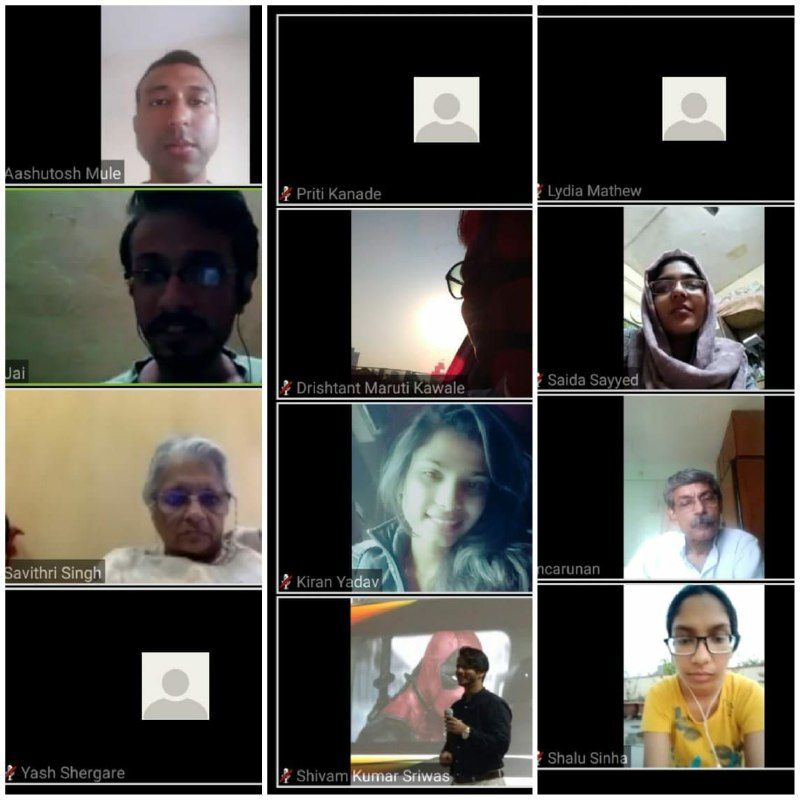
CUBE conduct several daily activities and many workshops every year, such as CUBE Summer Workshop, CUBE Christmas Workshop, CUBE Diwali Workshop, along with National level conference and meets.



CUBE activities include involving students into various research projects with simple model systems, involving citizens into curiosity driven citizen science projects which involves collaboration, massive data collections, and analysis to inferences of natural phenomena. CUBE activities also involve causeries which are face to face regular discussions and online Chatshaala which are online discussions where students get space to share their work, ask questions, develop ideas, develop theories, correct misconceptions and even publish their work collaboratively.
CUBE labs involve in research on various model systems such as Drosophila, Earthworms, Snails, Nematodes, Protozoa, Bacteria, Rotifers, Hydra and even plant model systems such as Cardamine, Phyllanthus all of which can be grown and cultured in simple ways and at the same time can be used to address frontier biological questions such as Epigenetics, Learning & Memory, Regeneration, Decision making, Evolution, Genetic engineering and so on.








Click here to view CUBE Lab Engagements & Causerie
Click on CUBE Home Labs to view labs which are created by CUBists to perform science at their home
Click on CUBE Chatshaala to know more about daily evening discussion of students from across different parts of country
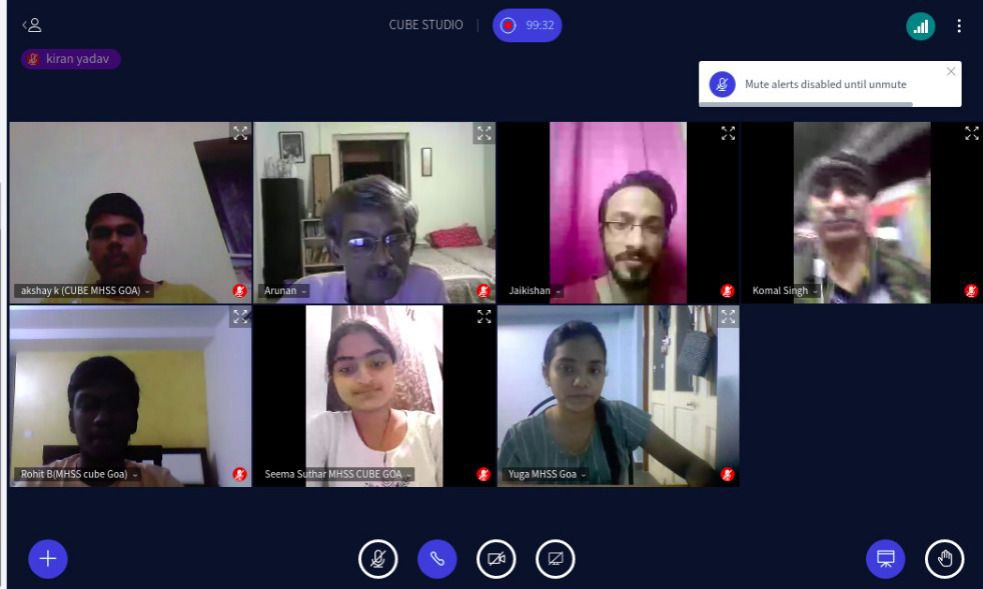
Click on CUBE Context to Curriculum to know how students uncover their syllabus by doing science and situate their curriculum to real life contexts
